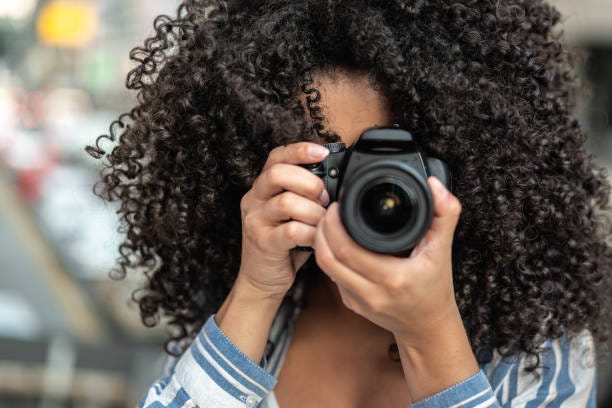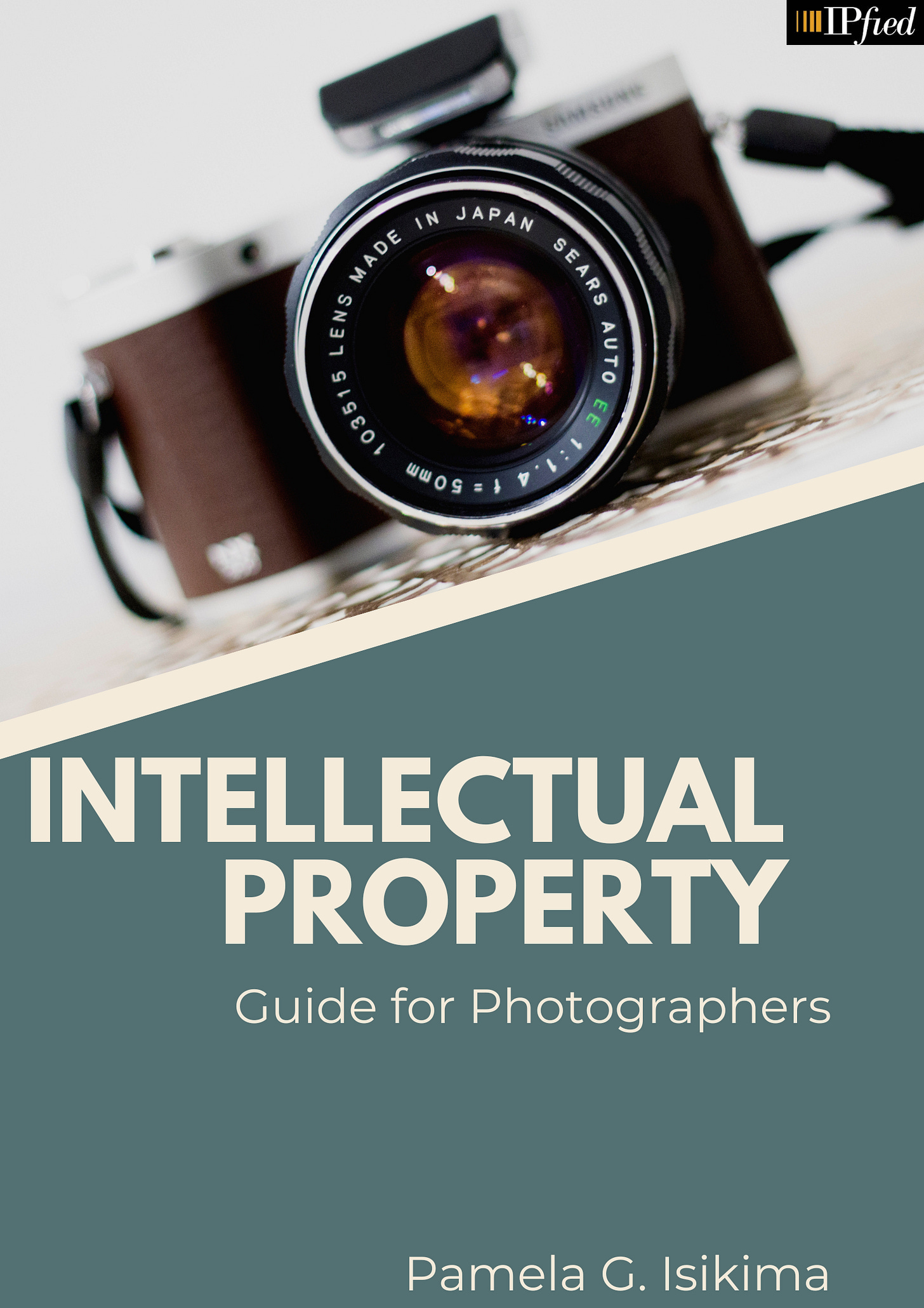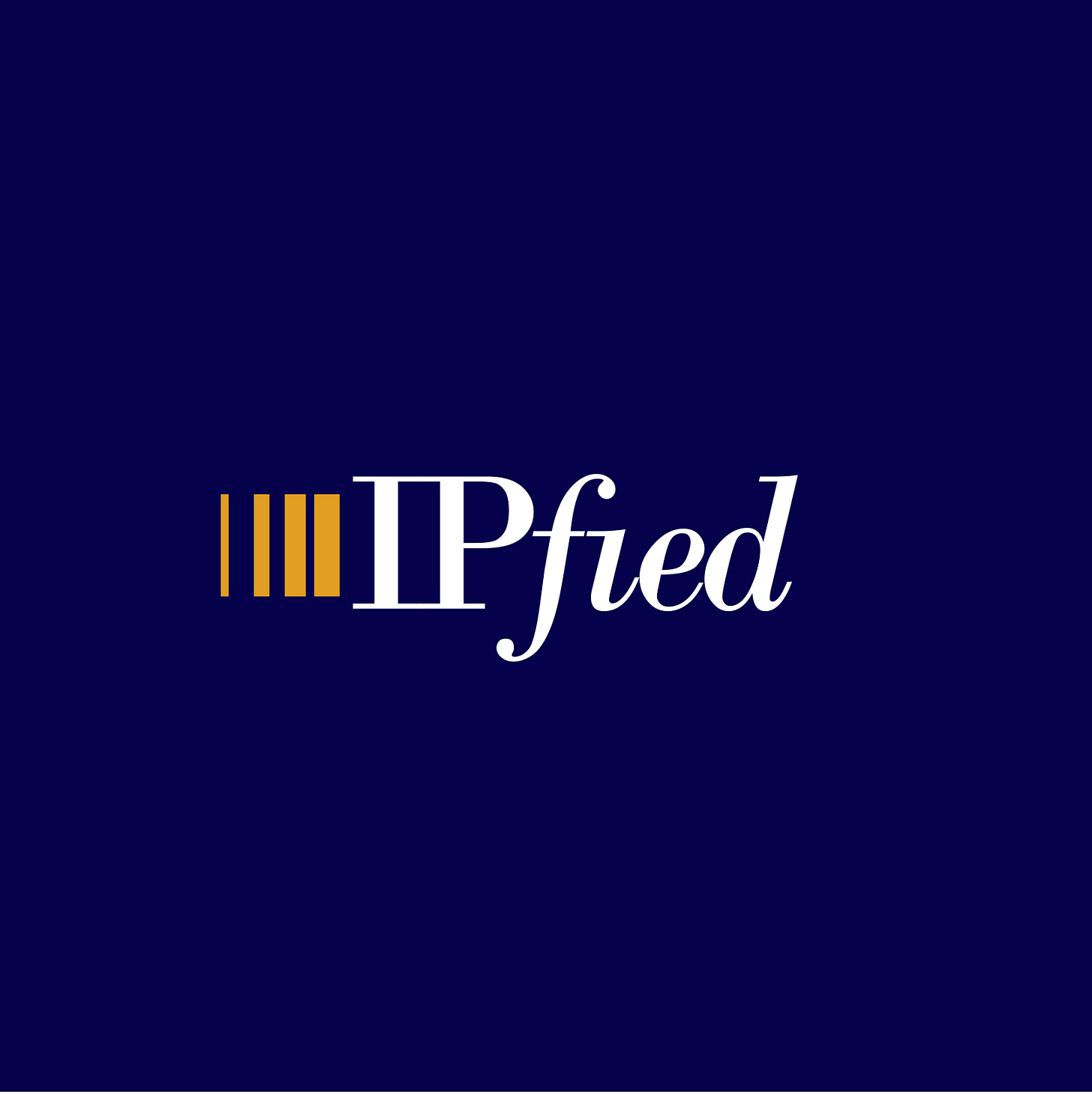I WAS NOT GIVEN CREDIT FOR MY WORK.
They said I signed that out, how's that possible?
Hi IPfied Fam,
It’s December already wow!!! Tis the season for beautiful festive tunes and I'm already feeling holly-jolly.
Source: Giphy.com
If you missed out on the previous editions of IPfied, you can access them HERE .
IP QUOTE OF THE MONTH
Ideas in your mind have no patent & copyright value. They must be expressed or reduced to practice before it is too late.
~Kalyan C Kankanala
A SOUTH KOREAN CAFE DEMOLISHED ON GROUNDS OF COPYRIGHT INGRINGEMENT
Backstory
In December 2019, Kwak Hee-Soo an architect of an original design of a coffee shop called ‘Gijang Waveon’ in Busan’s Gijang County, filed a suit against the architecture company and the owner of a café in Ulsan, a city in Korea. Kwak claimed that the café in Ulsan copied his design in terms of location, interior and exterior design with both shops shaped with two concrete structures, twisted on top of one another having stairs leading to an open space area between the ground floor and third floor and total floor area of about 450 square meters (586 square yards) which stood 11-12 meters (36-39 feet) tall in a three-storey building. Kwak claimed that Ulsan café infringed upon Waveon’s copyright, violated the Unfair Competition Prevention Act, and he sought for damages and that the infringing building be demolished.
Judgement
The court held that a level of creativity accolades is deserving to Waveon for its interior and exterior design that offers a view of the sea from all direction. The court found that the interior concrete stair designs, U-shaped balcony and whole glasses at the buildings’ interior are alike and ordered the architecture firm of the replica coffee house in Ulsan to pay 50 million won ($37800) to architect Kwak in addition to demolition of the building.
The court further stated that it is impossible to only strip away the sections that are practically similar because the interior and exterior structured had contributed to Waveon creativity altogether.
Comment
Architectural works are considered artistic works under Section 2(c) of the Nigerian Copyright Act 2022 and as such can be protected by copyright. In this case, it is clear that Kwak’s architectural work meets all the element to qualify it for copyright protection. It is an original work of Kwak; it’s a product of his efforts and skills and it was fixed in a medium.
My reservation with the judgment is the order for demolition. It feels like punishing the defendant twice for an offence. I think damages alone would have sufficed but well the court has given its judgement and where a party is not satisfied, he can appeal. However, this is a lesson for Copycats to respect the IP rights of others.
Architects should take steps to identify and protect their IP and designs.
CAN AN AUTHOR WAIVE HIS RIGHT TO CREDIT(ATTRIBUTION) FOR HIS WORK?
Backstory
The plaintiff, a professional photographer who exclusively sells his photographs through microstock platforms, as at March 2021, had licensed his photographs more than 800,000 times. The plaintiff in the course of using the microstock platforms uploaded an agreement with the former platform called Fotolia (now Adobe Stock) and in the platform’s terms and conditions, the plaintiff granted the right to sublicense his photographs to the platform’s customer on a non-exclusive and worldwide basis. The terms and conditions also provided that the plaintiff waived the right to be named as the photographer and users were not required to credit (attribute) the photographs to the plaintiff.
The defendant entered a download agreement with Fotolia with respect to one of the plaintiff’s photographs. She used it as a background picture for her website without naming the plaintiff as the author. The plaintiff sued the defendant for not attributing the photo to him. The courts of first and second instance dismissed his claim.
Judgment
The German Supreme Court agreed with the decision of the lower courts and dismissed the plaintiff’s appeal.
In dismissing the appeal, the Court found that the right of attribution(credit) cannot be waived as such because it forms part of the author’s inalienable personality rights. However, the author may waive exercising this right or consent to third party uses of their work that impair this moral right. Agreements restricting the exercise of the right of attribution have limits. They may not be contrary to accepted principles of morality or, if they are contained in general terms and conditions, unreasonably disadvantage to the author.
According to Sec. 13 German Copyright Act, the author of a work has the right to be identified as such. The author may determine whether the work is to bear a designation of authorship and which designation is to be used. An infringement of this right triggers claims for injunctive relief and damages.
The major question the court considered was if the ‘waiver’ in Fotolia’s general terms and conditions unreasonably disadvantaged the plaintiff. The answer to this question required an overall assessment, which includes balancing the interests of the author and its contractual partner and taking into account the type of work, the purpose and duration of the agreement as well as the customs and norms in the relevant sector.
The German Supreme Court confirmed that the lower court’s balancing of the parties’ interests showed that the plaintiff’s waiver of his right to attribution did not unreasonably disadvantage him:
The plaintiff freely chose to market his photographs via a microstock platform in his own interest in order to avoid the time and financial effort to market. He could have chosen to use macrostock agencies, which focus on quality, charge higher licensing fees and require the author to be named.
The business model of a microstock platform is based on a wide reach, the licensing terms is attractive. Part of the attractiveness is that customers do not have to identify the author of a licensed work or have to make the effort to obtain the author’s ‘waiver’. This allows the microstock platform to attract a large customer base and to grant a large number of licenses, which benefits the authors, who market their photographs through the microstock platform.
The large number of (potential) customers compensates the rather low licensing fees the authors can generate.
Comment
Right to attribution(credit) falls under the moral rights of authors. Just like the German Copyright Act, section 14 of the Nigerian Copyright Act also provides that the author of a work has the inalienable right to claim authorship of his work.
The judgment provides helpful guidance for balancing the interests of authors and licensees of their works when it comes to deciding whether waiving to exercise the right of attribution in general terms and conditions is valid or not.
Photographers of both microstock and macrostock platforms need to fully understand the agreement between them and these platforms before going ahead to market their photographs on them.
As a bonus, you can get free copy of my e-book for photographers Here.
IP MYTH
Once a person registers his intellectual property right in a country it automatically protects it worldwide.
No way. Intellectual property rights are territorial. It needs to be registered in each country/ jurisdiction where protection is sought.
IP EVENTS AND OPPORTUNITIES (WHAT’S HAPPENING IN THE IP WORLD)
IP WATCHDOG WEBINAR titled “Using AI to transform and unlock your IP landscape” holds on 6th December 2023 at 12pm ET. Register Here.
WIPO Upcoming webinar in the series Copyright Infrastructure: Lessons Learned Challenged and Opportunities holds on December 13 2023 from 1-2 pm (CET). Register Here.
Mavins Records is recruiting to apply click Here.
P.S: If this newsletter goes to your promotions, kindly select the email and drag it to your primary tab (for Gmail) or tap on the sender’s name and select add to VIP (Apple 2mail).
DON’T KEEP THIS A SECRET
WAS THIS NEWSLETTER FORWARDED TO YOU.






